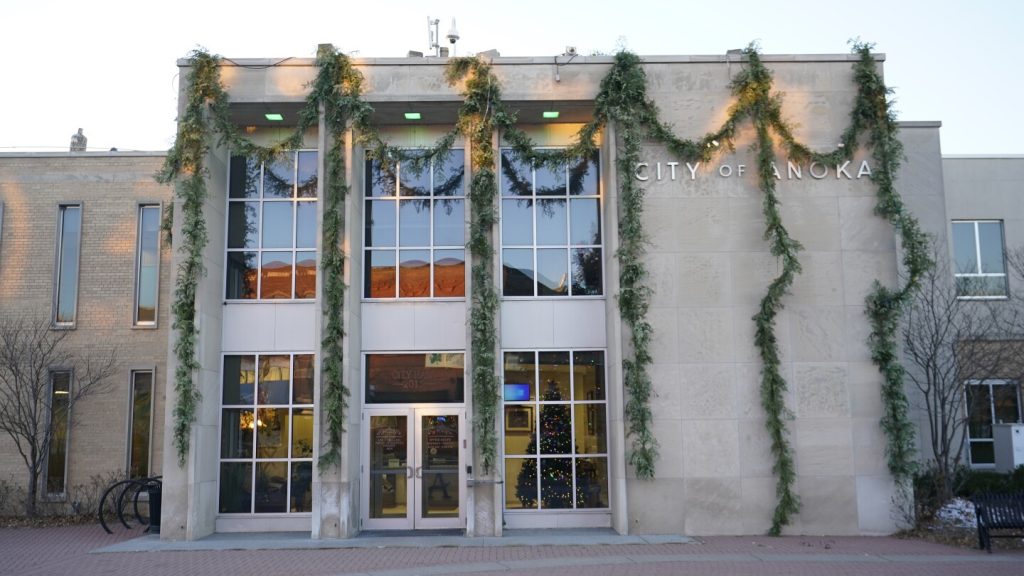The city of Anoka, Minnesota, has agreed to pay $175,000 and make changes to their housing ordinance in order to settle a complaint from the U.S. Department of Justice (DOJ) regarding discrimination against residents with mental health issues. The DOJ alleges that the city violated the Americans with Disabilities Act by pressuring landlords to evict tenants with mental health issues based on multiple police or emergency calls. The DOJ also filed a federal lawsuit against the city, but that case will be dropped if the agreement is approved by a judge. The investigation revealed that the city shared private medical information about renters, including details about mental health crises and suicide attempts, with landlords.
This case is significant as it is a first-of-its-kind finding of discrimination against individuals with mental health disabilities related to anti-crime ordinances that have been enacted by cities across the U.S. since the 1990s. Housing and civil liberties advocates have long argued that these policies are disproportionately enforced in poor neighborhoods and against people of color. Assistant U.S. Attorney General Kristen Clarke of the DOJ’s Civil Rights Division emphasized that Anoka’s housing program does not promote public safety but rather puts lives at risk by discouraging individuals with disabilities from seeking help when needed.
Anoka, with a population of around 18,000 residents, is located northwest of Minneapolis and has been home to a state psychiatric hospital for over a century. The city has denied any wrongdoing in response to the DOJ’s allegations and the lawsuit filed against them. However, they agreed to the settlement in order to avoid litigation and ensure compliance with the Americans with Disabilities Act and federal fair housing laws. The $175,000 payment will compensate individuals who were harmed by Anoka’s enforcement of its anti-crime ordinance, and the city has 30 days to revise the ordinance to align with the agreement’s terms.
Under the terms of the agreement, Anoka is required to update its housing ordinance to prevent the treatment of mental health-related calls as nuisance calls. Landlords and renters must be notified whenever a call is deemed a nuisance, and they have the right to appeal the decision. The city’s anti-crime housing ordinance allows for the suspension of a landlord’s license if there are more than four nuisance calls to an address within a year. The agreement aims to protect individuals with mental health issues from discriminatory practices and ensure that their rights are upheld in housing situations.


